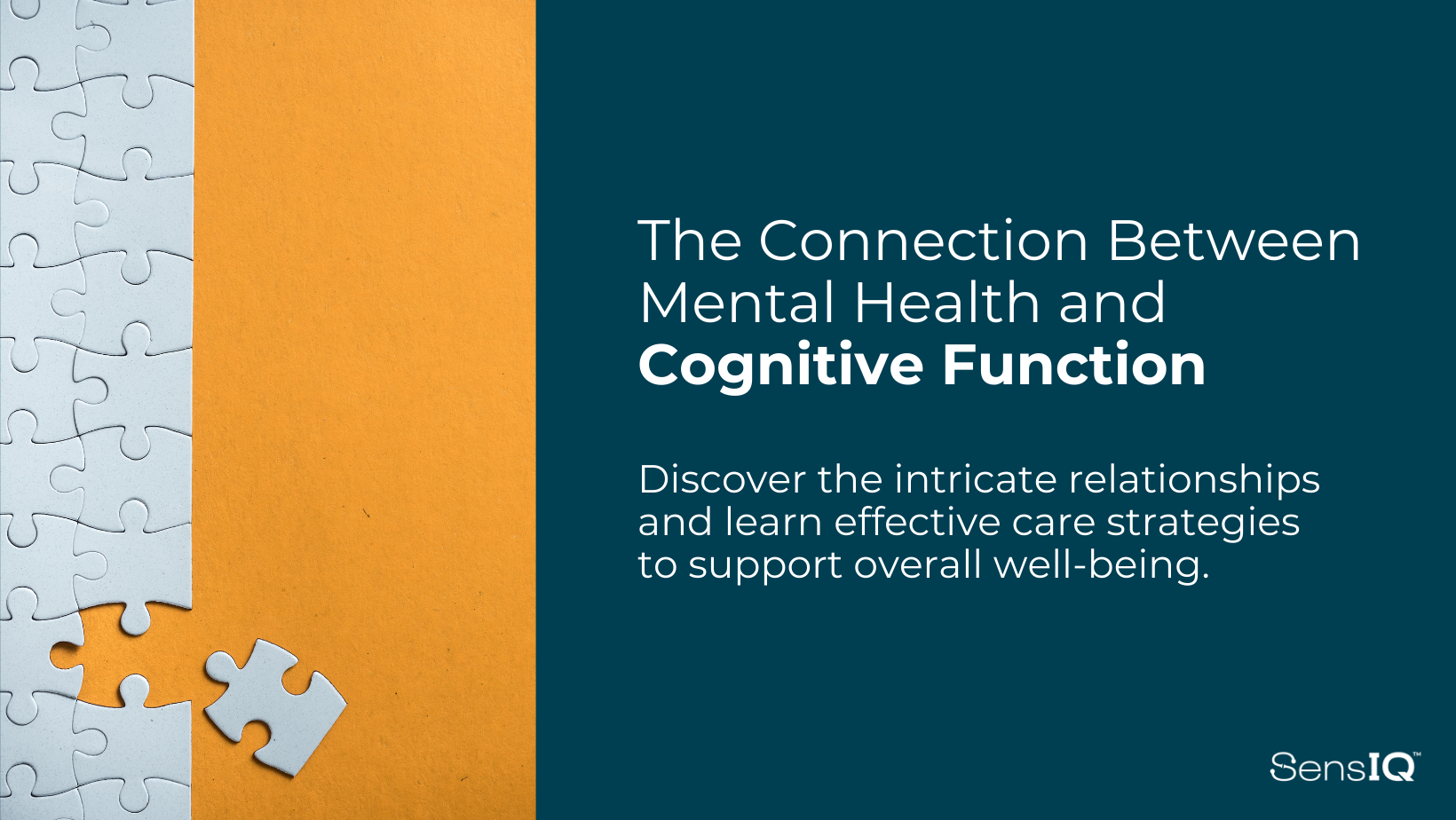Understanding the Link Between Mental Health and Cognitive Function
Mental health and cognitive function are closely intertwined. Understanding the connection between the two is crucial in promoting overall well-being. Mental health refers to a person’s emotional, psychological, and social well-being, while cognitive function involves the processes of thinking, remembering, learning, and decision-making.
Research has shown that mental health can significantly impact cognitive function. For example, individuals experiencing mental health disorders such as depression or anxiety may have difficulties with concentration, memory, and problem-solving. Additionally, chronic stress, which is often associated with mental health issues, can also impair cognitive abilities.
On the other hand, maintaining good mental health can have positive effects on cognitive function. Engaging in activities that promote mental well-being, such as exercise, mindfulness, and social interaction, can enhance cognitive processes and improve overall brain health.
By understanding the link between mental health and cognitive function, we can better recognize the importance of addressing mental health concerns for optimal cognitive performance.
Factors Influencing Mental Health and Cognitive Function
Numerous factors can influence both mental health and cognitive function. These factors can include biological, psychological, and environmental elements.
Biological factors play a significant role in mental health and cognitive function. Genetic predispositions, chemical imbalances in the brain, and physical health conditions can impact both aspects. Understanding the biological factors can help individuals and healthcare professionals develop appropriate strategies for managing mental health and optimizing cognitive function.
Psychological factors, such as stress, trauma, and self-esteem, can also influence mental health and cognitive function. High levels of stress or exposure to traumatic events can negatively affect both aspects. On the other hand, positive psychological factors like resilience and self-efficacy can promote mental well-being and enhance cognitive abilities.
Environmental factors, including social support, access to resources, and socioeconomic status, can also impact mental health and cognitive function. Living in a supportive and nurturing environment can contribute to better mental health and cognitive performance.
Recognizing the various factors that influence mental health and cognitive function can help individuals and communities implement strategies to foster well-being and optimize cognitive abilities.
Effects of Mental Health Issues on Cognitive Function
Mental health issues can have profound effects on cognitive function. Conditions such as depression, anxiety, and bipolar disorder can impair cognitive processes and make it challenging to think clearly, concentrate, and remember information.
Depression, for example, is often associated with cognitive difficulties such as reduced attention span, impaired memory, and slowed thinking. Anxiety disorders can lead to excessive worrying and difficulties with decision-making. These mental health issues can significantly impact daily functioning and overall quality of life.
It is important to note that the effects of mental health issues on cognitive function can vary from person to person and depend on the severity of the condition. Seeking professional help and implementing appropriate care strategies are essential in managing these effects and promoting cognitive well-being.
Strategies for Improving Mental Health and Cognitive Function
There are various strategies that can help improve both mental health and cognitive function. These strategies focus on promoting overall well-being and enhancing brain health.
Regular exercise has been shown to have numerous benefits for mental health and cognitive function. Physical activity increases the production of endorphins, which are natural mood lifters, and improves blood flow to the brain, supporting optimal cognitive performance.
Practicing mindfulness and relaxation techniques can also have positive effects on mental health and cognitive function. Mindfulness exercises, such as meditation and deep breathing, can reduce stress, improve focus, and enhance cognitive abilities.
Maintaining a balanced and nutritious diet is essential for both mental and cognitive health. Certain nutrients, such as omega-3 fatty acids and antioxidants, have been linked to improved brain function and mental well-being. Avoiding excessive alcohol and drug use is also important for preserving cognitive abilities.
Engaging in social activities and maintaining strong social connections can contribute to better mental health and cognitive function. Social interaction provides emotional support, reduces feelings of isolation, and stimulates cognitive processes.
Implementing these strategies can have a positive impact on mental health and cognitive function, promoting overall well-being and optimizing brain performance.
Seeking Professional Help and Resources
When it comes to mental health and cognitive function, it is crucial to seek professional help and utilize available resources. Mental health professionals, such as psychologists and psychiatrists, are trained to assess and treat mental health conditions and provide appropriate care strategies.
In addition to professional help, there are various resources available for individuals seeking support. Support groups, helplines, and online communities can provide valuable guidance, information, and a sense of belonging for those experiencing mental health challenges.
Remember, reaching out for help is a sign of strength. Seeking professional assistance and utilizing available resources can make a significant difference in managing mental health concerns and optimizing cognitive function.
Addressing mental health is a crucial step in enhancing cognitive function
For healthcare practitioners seeking effective solutions for their patients, SensIQ’s StressEase offers a natural and effective way to manage stress and promote mental well-being. By incorporating StressEase into their care strategies, practitioners can help their patients achieve a more balanced mental state, paving the way for improved cognitive performance. Encourage your patients to explore the benefits of StressEase and experience the positive impact on their mental health and cognitive function. Request a free sample of StressEase for your practice today.


